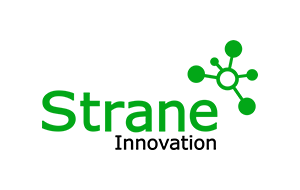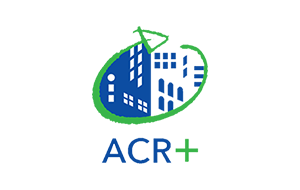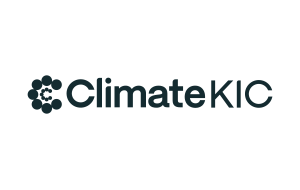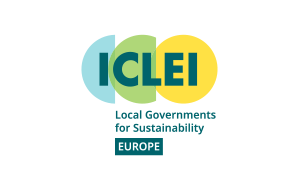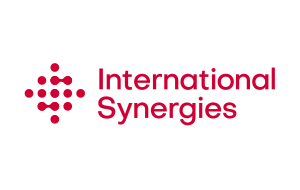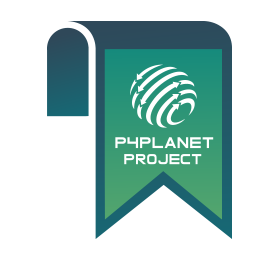About the consortium
Hubs4Circularity are to be the European lighthouses of resource efficiency: by fostering the exchange of knowledge, skills and resources on industrial-urban symbiosis, the Hubs aim to help deliver the next level of circular use of resources and reduce carbon emissions across Europe.
The H4C ECoP consortium is co-leading and supporting the establishment and growth of the European Community of Practice for Hubs4Circularity, together with the H4C Europe consortium. The consortium is helping identify and connect all the interested parties (starting with existing local Hubs, as well as industries, regions and cities, policymakers and standardisation bodies), enabling them to take action through an information and knowledge platform.
By fostering knowledge sharing between regions, cities and their industries, the Hubs4Circularity platform provides the tools and the scientific evidence for this approach to be adopted widely across Europe. All the materials collected and developed throughout the project will continue to be available after its end, to keep supporting the community in the transition to a net-zero, circular economy.
The consortium is led by seven European partners that are world leaders in the field of circular economy and industrial-urban symbiosis, from delivery of projects to training, stakeholder engagement, development of models and methodologies. All the partners are working closely with its sister consortium H4C Europe and with many European bodies representing regions, cities, industry, and educational institutions.

Our focus
The H4C ECoP consortium will help existing industrial-urban symbiosis initiatives across Europe and the communities around them overcome their common challenges and achieve the scale and access to key resources needed for the widespread uptake of circular economy models.
THE CONSORTIUM HAS A DUAL MISSION:

To build a dynamic and productive European Community of Practice around industrial-urban symbiosis and circular use of resources, building on existing Hubs and their local communities, and further involving key partners in the zero-carbon transition, such as Southern and Eastern Europe or industrial areas in EU ports;

To provide collective learning materials and resources (notably, the substantial body of information that exists in this area, including its economic, environmental and social benefits) via the knowledge platform.
THE CONSORTIUM WILL DO SO BY:

Collecting and synthesising knowledge into a single online platform

Developing and activating the community through workshops and training at the local and pan-EU level

Identifying the regions and areas best suited for implementing advanced industrial-urban symbiosis in Europe

Measuring results and impact through key performance indicators

Ensuring long-term continuity of community and work through appropriate investment and governance strategies
Impact & Εxpected Results

Increased investing in regional development, setting planning policy and masterplanning for spatial and economic development thanks to specific tools, dissemination through targeted networks and engagement with civic associations.

Investing in competitiveness and resilience through sustainable, circular value chains thanks to access to the evidence base that supports their investment case, training and implementation guides.

Enabling them to share knowledge and best practice, find solutions for members, feature their activity and work on cross-border activities thanks to the Hubs4Circularity platform.

Facilitating the connection between customer demand for circular economy solutions and offer from technology companies, research centres and start-ups by helping them showcase their solutions, thus growing the marketplace.
Meet the partners
The consortium consists of interesting partners working to create a self-sustaining European Community of Practice for Hubs for Circularity. Take a few minutes to look at these brief partner introductions.
Discover all
